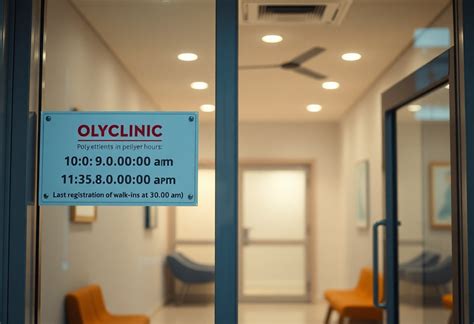Introduction

Dengue is a viral infection transmitted by mosquitoes that can cause a range of symptoms, from mild fever to severe, life-threatening complications. Understanding the signs and symptoms of dengue is crucial for early diagnosis and prompt treatment.
Symptoms
- Fever (104°F or higher): Sudden onset of high fever lasting 2-7 days.
- Headache (Behind Eyes): Intense pain, often described as “behind the eyes.”
- Muscle and Joint Pain: Severe pain in muscles, bones, and joints.
- Eye Pain: Pain and redness in the eyes.
- Skin Rash: Red or purple rash on the face, neck, chest, or limbs, usually appears 2-5 days after the onset of fever.
- Nausea and Vomiting: Frequent nausea and vomiting.
- Abdominal Pain: Pain and discomfort in the abdomen.
- Bleeding: Minor bleeding from the nose, gums, or skin.
- Low Blood Pressure: Dizziness, lightheadedness, and fainting.
- Organ Failure: In severe cases, dengue can lead to organ failure, including liver, kidney, and lung failure.
Risk Factors
- Travel to dengue-endemic areas
- Living in densely populated areas with poor sanitation
- Exposure to mosquitoes, especially during the rainy season
Diagnosis
- Physical examination and medical history
- Blood tests to confirm dengue infection
- Virus isolation from blood or saliva samples
Treatment
- Supportive Care: Rest, fluids, and pain relievers to manage symptoms.
- Antivirals: No specific antiviral treatments exist for dengue.
- Blood Transfusion: In severe cases with low blood pressure or organ failure.
Complications
- Dengue Hemorrhagic Fever (DHF): A severe form of dengue characterized by low blood platelets, bleeding, and fluid accumulation.
- Dengue Shock Syndrome (DSS): The most severe form of dengue, which can lead to organ failure and death.
Statistics
- According to the World Health Organization (WHO), an estimated 390 million dengue infections occur worldwide annually.
- Dengue is the leading cause of hospitalization and death in some countries.
- In 2020, the WHO estimated that approximately 20,000 people died from dengue worldwide.
Prevention
- Vaccination: Effective dengue vaccines are available, providing up to 95% protection against severe disease.
- Mosquito Control: Eliminate mosquito breeding grounds, use mosquito repellants, and wear long sleeves and pants in mosquito-prone areas.
- Early Detection and Treatment: Seek medical attention immediately if you experience symptoms of dengue to prevent complications.
Conclusion
Recognizing the signs and symptoms of dengue is essential for timely diagnosis and treatment. By understanding the risks, complications, and prevention measures, individuals can protect themselves and their loved ones from this potentially life-threatening disease.
















